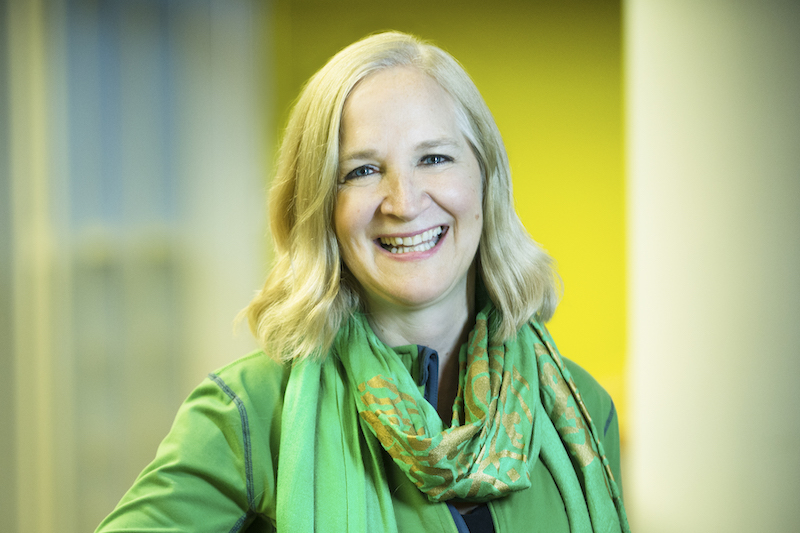Sarah Cortes
PhD Student

Education
- MS, Boston University
- AB, Harvard University
Biography
Sarah Cortes, MS, CISA, AAFS, is President of Inman Technology. She earned her undergraduate degree at Harvard University, and holds an MS from Boston University, in Computer Science, Information Security. She is in the Cybersecurity PhD program at Northeastern University’s Khoury College of Computer Sciences and studied Forensic Science at Boston University Medical School. Her research focuses on the darknet, network security, criminal legal treaties (MLATs), and digital forensics.
Prior to undertaking her PhD, Sarah was a Senior Vice President for Security, IT Audit and Disaster Recovery at Putnam Investments, an investment management firm with over $400 billion in assets under management. She oversaw Putnam’s recovery on 9/11 when then-parent company Marsh & McLennan’s World Trade Center 99th floor data center was destroyed. She also supervised over 65 IT audits per year in that capacity. As a senior executive and later consultant for Putnam and other Fortune 500 firms, Sarah also had responsibility for major applications development, data center and other operations, staff and budgets. Before that, Sarah was a Sr. VP for Data Center and Security Operations with BNY Mellon Bank, a global investments company with $1.6 trillion in assets under management, previously a part of Shearson/Lehman/American Express.
Sarah has published articles on computer security, privacy, mutual criminal legal assistance treaties (MLATs), and the darknet, including MLAT.is World Treaty Cartel Internet Overlay for Digital Traffic Analytics, featured in the 2017 IEEE International Symposium on Technologies for Homeland Security (HST17). She regularly serves as a referee for Computers & Security Journal.
She has implemented numerous other computer applications. Together with Department Chair, Boston University School of Medicine, Department of Biomedical Forensic Sciences and former Cellmark lab director Dr. Robin Cotton et al., Sarah implemented the DNA Mixtures online tool, with a grant from the US Department of Justice. DNA Mixtures was highlighted in the Executive Office of the President, President’s Council of Advisors on Science and Technology (PCAST), Report to the President: Forensic Science in Criminal Courts: Ensuring Scientific Validity of Feature-Comparison Methods in 2016.
A former analyst for the US Department of Energy, she led the National Institute for Science and Technology (NIST) Cybersecurity Working Group sub-team, as co-author of the 2014 NIST: Guidelines for Smart Grid Cyber Security: Vol. 2, Privacy and the Smart Grid, as well as the 2010 volume, that created the security and privacy laws section of the report. She served on the privacy use cases team for two years and the NIST cybersecurity working group (CSWG) on Smart Grid privacy for seven years. She has co-led Northeastern University Law School Legal Skills in Social Context (LSSC) clinics on surveillance law and online privacy tools and technology, as well as an MIT Co-Design Studio class at MIT Media Lab. She has helped draft data breach laws, and testified before the Massachusetts legislature and regulatory agencies.
In addition to her work on various industry standards bodies, Sarah serves on the IEEE (Institute of Electrical and Electronics Engineers) P1912 Privacy and Security Architecture for Consumer Wireless Devices Working Group. While completing her PhD, Sarah interns at the Alameda County Sheriff’s Office Crime Lab in Digital and Multimedia Evidence. In her work to help end cyberstalking and abuse through technology, Sarah serves on the Boards of Emerge, the first Abuser Intervention Program (BIP), and Each One Teach One, dedicated to training for technology employment.
About Sarah
- Hometown: Cambridge, Massachusetts
- Field of Study: Information Assurance
- PhD Advisor: Thomas H. Koenig